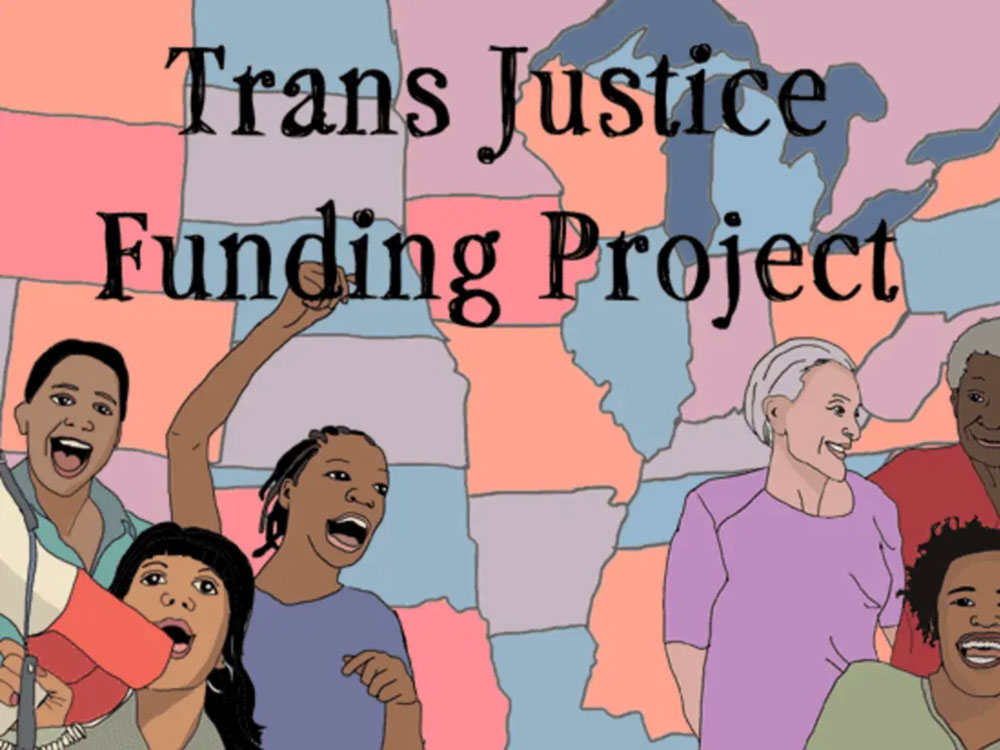
June 24, 2019; Marketplace
Despite the growing prominence of the transgender movement, transgender people still face significant health disparities, high rates of poverty and unemployment, and alarming physical violence. As the World Health Organization noted in a recent publication, “Transgender people are often socially, economically, politically and legally marginalized.”
And, as often follows, the community is also facing chronic underfunding of its small grassroots support groups coupled with an outsized need. In response, the community has found a way to direct funding to those organizations.
As Leila Goldstein reports for Marketplace, intermediary groups, including Trans Justice Funding Project and the International Trans Fund, have stepped in. These larger organizations attract foundation grants and individual donors that they then regrant to smaller groups through a simple application process.
“We can’t wait to be invited to the table anymore,” Gabriel Foster, executive director of Trans Justice Funding Project, told Marketplace. “We had to build our own damn table, and we did it, and we moved over $1 million into trans communities.”
Sign up for our free newsletters
Subscribe to NPQ's newsletters to have our top stories delivered directly to your inbox.
By signing up, you agree to our privacy policy and terms of use, and to receive messages from NPQ and our partners.
Foster’s project funds grassroots groups with budgets of less than $250,000. Funding decisions are made by transgender and non-binary panelists, nurturing transgender participation in philanthropy.
The need in trans communities is significant. According to a February 2015 report by Funders for LGBTQ Issues, 90 percent of transgender people report harassment or discrimination at work, one in five transgender people has experienced homelessness, and 41 percent of transgender people have reported attempting suicide, compared to 1.6 percent of the general population. Transgender people are also 49 times more likely to acquire HIV than the general population. Despite these statistics, the group notes that “trans communities only received 0.015 percent of all foundation funding, or a penny for every $100 foundations awarded.”
Alexander Lee, project director for Grantmakers United for Trans Communities, a program of Funders for LGBTQ Issues, points out that this is a chicken-and-egg problem. Only five US-based “trans-focused and trans-led” nonprofits have a budget of $1 million or more, according to Lee. The small size of many trans-focused groups makes it difficult for them to grow, as some larger foundations tend to only support organizations with budgets of $1 million or more. In addition, foundation support may not be accessible to grassroots groups that don’t have 501c3 status or an established nonprofit to partner with for fiscal sponsorship.
“We really wanted to focus on the very, very, very grassroots groups and organizations,” said Foster about their funding. “The ones that probably would never even get their applications across the desks of major foundations.”—Catherine Jones













